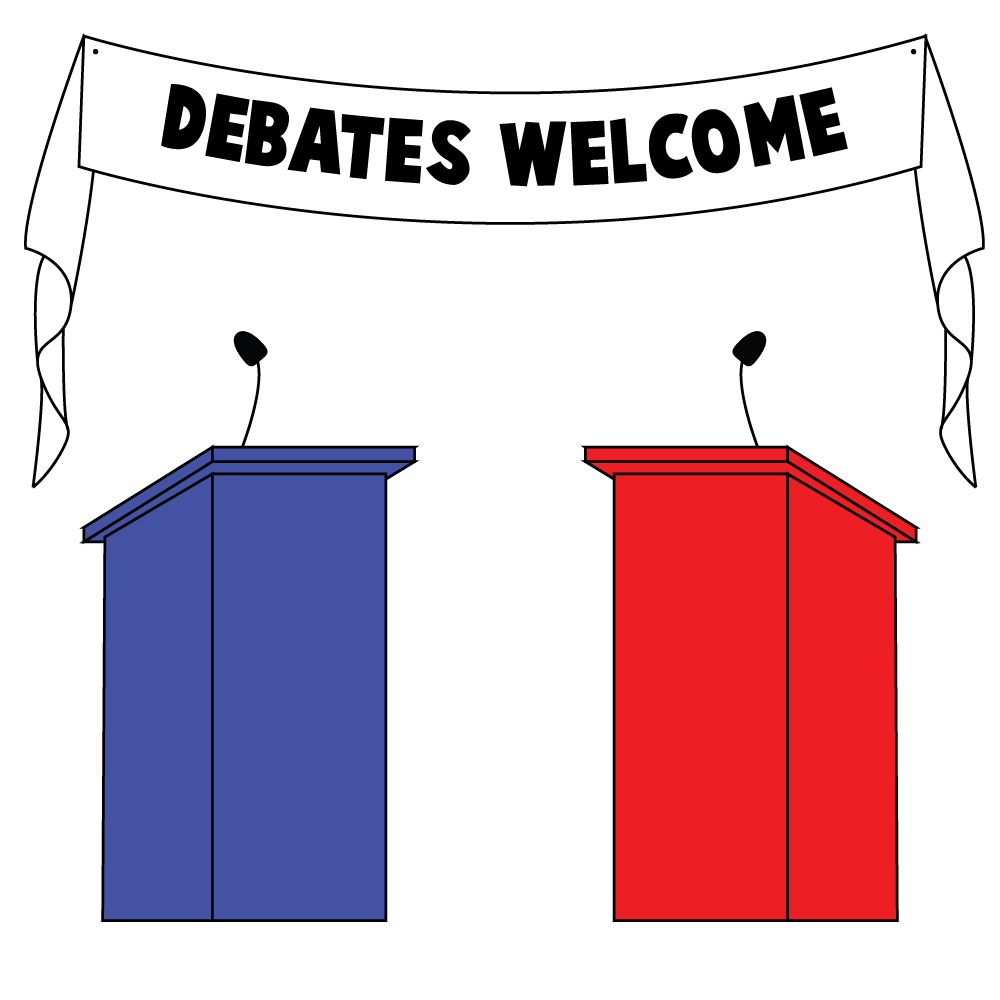“I never considered a difference of opinion in politics, in religion, in philosophy, as cause for withdrawing from a friend.” – Thomas Jefferson.
The country’s current social climate has brought revelations in ideology, or stance in political opinion. Ideology can bring like-minded people together. However, it can also divide even the closest of friends. People who have enjoyed each other’s company for years during adolescence may realize, later in adulthood, that their political and economic views are vastly different.
Many relationships that used to hold solid bonds become estranged under this realization of different individual values or lack thereof.
In today’s polarized political environment, the battle lines have become clearer regarding who stands for what. Rampant race baiting, dog whistle politics, Russian bot hysteria, sexist rhetoric and sexual misconduct accusations characterize the current White House administration. There has been much debate and subsequent fallout over political alliances and social issues.
Many argue that placing political affiliations ahead of personal relationships is counterproductive to the preservation of bipartisanship. However, members of marginalized communities have different stakes.
Being able to put friendship ahead of politics is a large action of privilege. Suggesting one can simply overlook political stances that ignore and illegitimize the existence of minorities asks for disregard in personal consciousness and safety. Jefferson could afford to do this. A fair amount of Americans cannot.
Having friends with different outlooks on life enriches society as a whole. It is healthy for ideas to be challenged and respectfully examine different ways of thinking. Friendships spanning across beliefs benefit society by increasing intergroup interactions. People can find common ground and understanding, rather than arguing their positions from opposite corners and neglecting alternative perspectives.
Civility among opposing thoughts and the ability to agree without hostility is important. It is imperative to recognize that civility is less about dismissing the importance of ideological differences and more about paying attention to how we engage political oppositions. Trivializing disagreements on essential issues suggests they are not valid. Saying “politics is never worth losing a friendship” implies racism, abortion or gay marriage rights are trivial issues not worth losing a laugh over.
Issues that define an individual’s identity cannot just be disagreed upon, not while maintaining the notion of companionship. It is hard to retain friendships with those who do not see validity in your experiences, hardships and personal choices.
Real friendship is contingent on the ability to trust others, without knowing for certain that your well-being is important to them. The desire to create, maintain or wield power over others and their decisions destroys the possibility of friendship. The judgment and devaluation of other identities eradicates the possibility of camaraderie.
– Temi Ikudayisi is a public relations senior
Categories:
Political differences can be a legitimate reason to end a friendship
May 31, 2018
Illustration by Makenna Timoteo
| Staff Illustrator
0
Donate to The University Star
Your donation will support the student journalists of Texas State University. Your contribution will allow us to purchase equipment and cover our annual website hosting costs.
More to Discover






